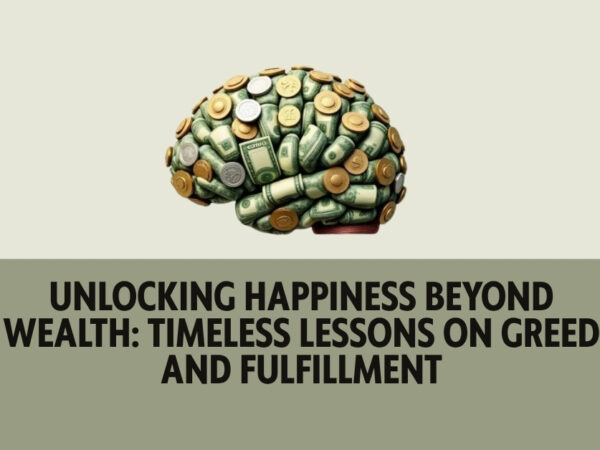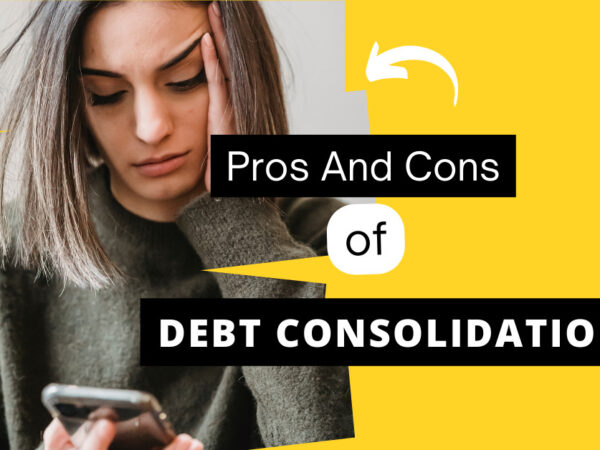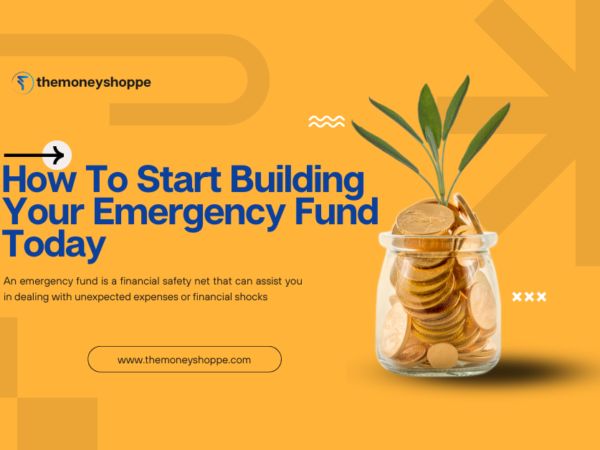What Does It Mean When A Stock Is Overbought Or Oversold?

You’ve probably heard the terms “overbought” or “oversold” thrown around by your broker. His explanation may have been that your stock (I hope it wasn’t mine) has fallen so far that it is now oversold and ready for a rebound. Even though he didn’t mention it, I believe he encouraged you to buy an equal amount to “dollar cost average” your position, so you could “get out even” if the stock went back up. Perhaps even “could make a fortune” is the best he can say.
All of the major Maul Street brokerage firms teach the dangers of waiting to get out even before taking any steps to get out. That it is widely accepted by financial advisors just makes matters worse. What happened to all of those lovely company reports that were delivered to you before you purchased this stock, telling you how amazing it was? You might want to read those back to him if you can. It’s not in their best interest for you to sell.
Overbought or oversold is reasonable when a stock is going up or down over a long length of time, but what does that mean for your ownership?
Stocks are launched because of the expectation that the underlying profit projections would result in considerable profits, increasing the stock’s value. It will achieve a true valuation at some point and should cease advancing at that moment. Typically, a stock’s value rises to the point where it is considered overbought (overvalued) before it begins to decline. You may be tempted to buy a stock if it gets “hot” and everyone else is doing the same thing. There will be no one left to sell to if the sheep are all busy buying.
Is it possible that all of this was done in expectation of future riches that never came to fruition? The increase would then reverse direction and begin to descend. Even while a smaller corporation is more likely to pull this off, it has happened with far larger ones as well. The company could even go bankrupt if there is any kind of fraud.
A person’s perception of what is beautiful differs depending on who they are looking at it with. Overpriced and underpriced is in the buyer’s and seller’s heads.













